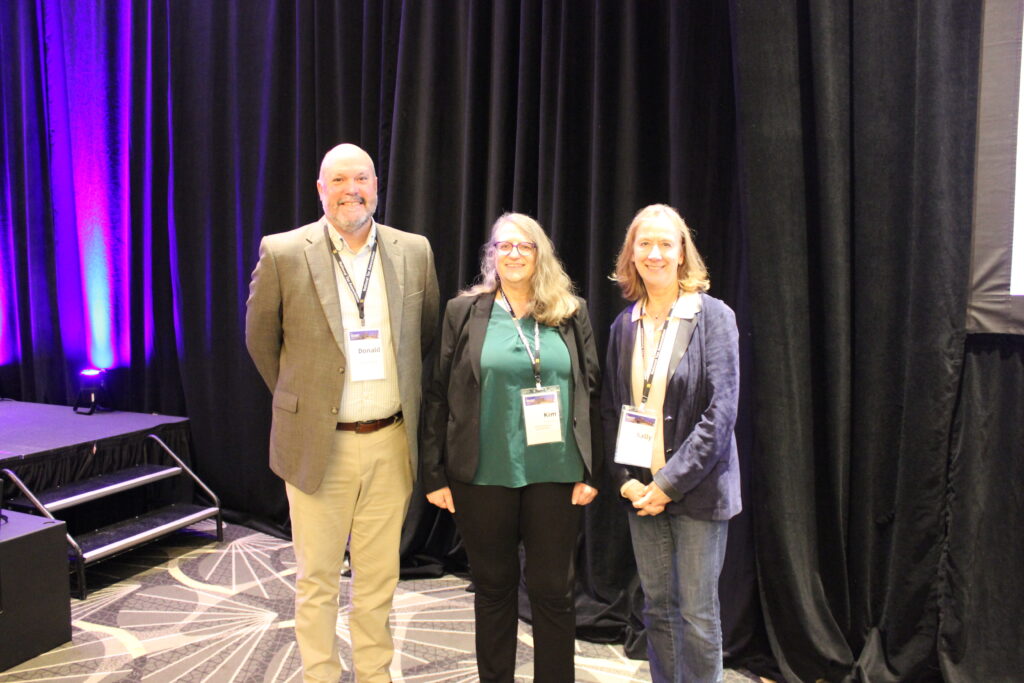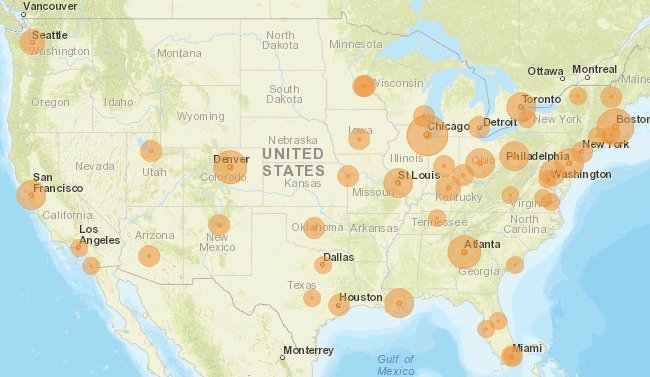The NTA Climate Tax Fellowship provides conference travel funding for graduate students and early career MAs/PhDs/JDs whose research and professional interests lie at the intersection of tax and climate policy. The fellowship provides NTA membership and supports travel to and at the 118th NTA Annual Conference in Boston, Massachusetts, from November 6-8, 2025.
2025 National Tax Association Climate Tax Fellows
Agustina Arumardi

Agustina Arumardi is a PhD student and assistant lecturer at Monash University, researching how prefilled tax returns shape taxpayers’ compliance in Indonesia. On study leave from Indonesia’s Directorate General of Taxes, she brings policy experience to academic questions about compliance and taxpayer service. Her thesis examines behavioural responses to prefilled information and their implications for improving filing systems. Beyond the thesis, she co-authors work on whether firm cash flows predict tax revenues and on the relationship between ESG performance and effective tax rates. She also studies electric vehicle tax incentives in Indonesia, reflecting her broader focus on the intersection between tax policy and climate change.
Apu Deb

Apu Deb is a Ph.D. Candidate in Public Affairs at Florida International University. He completed a Master of Public Affairs (MPA) from the University of Texas Rio Grande Valley. He also earned a Master of Social Science (MSS) and a Bachelor of Social Science (BSS) degree in Public Administration concentration from Shahjalal University of Science and Technology in Bangladesh. His research interest focuses on state and local government public finance, emergency management, and sustainability. Mr. Deb has published in leading journals, including American Review of Public Administration, Journal of Sustainable Finance & Investment, and Regional Sustainability. He has presented at the 2025 American Society for Public Administration (ASPA) Conference in Washington, DC; the 2024 Public Management Research Conference (PMRC) in Seattle, WA; and the 2022 ASPA Conference in Jacksonville, FL.
Mary Lewis

Mary Lewis is a second year law student at NYU School of Law where she is a staff editor for the Tax Law Review and research assistant for the Tax Law Center. Prior to law school, she worked at the U.S. Treasury Department on the Inflation Reduction Act implementation and spent several years working in policy at a leading U.S. energy storage company. She graduated in 2017 from Vanderbilt University with a degree in Economics and Environmental Studies and is from Charlotte, NC. Next summer, Mary will be working on the tax team in Norton Rose Fulbright’s projects group.
Francisco Pizzi

Francisco Pizzi is a Ph.D. candidate in Economics at the University of California, Davis. His research lies at the intersection of taxation, energy markets, and environmental policy. He studies how fuel tax changes affect retail prices and consumer behavior, with particular attention to the distributional and spatial consequences of energy taxation. He is especially interested in what lessons can be drawn from emerging economies for the design of efficient and equitable climate and energy policies. He holds a B.A. and M.A. in Economics from the National University of La Plata, Argentina.
Coly Elhai

Coly Elhai is a PhD candidate in economics at Harvard University. Her research is at the intersection of energy and public economics, with a particular focus on how emissions reductions can be achieved efficiently by combining tax policy with other policy tools. Before joining Harvard, she worked as a research assistant with the Princeton Program in Public Finance and the Treasury Department Office of Economic Policy. She has a bachelor’s degree from Williams College in economics and mathematics.
Eva (Yiyun) Wang

Eva (Yiyun) Wang is a Ph.D. candidate in Economics at the University of Michigan specializing in public finance and energy & environmental economics. Her research examines how tax and subsidy design shapes clean-technology adoption and the distribution of benefits. A current project evaluates the Inflation Reduction Act’s income-based EV tax-credit cap using a combined theoretical and empirical approach, deriving optimal policy conditions and estimating impacts with EV registrations and household emissions data.
![National Tax Association [ National Tax Association ]](https://ntanet.org/wp-content/themes/nta-custom/library/images/nta-whitebg-web-top.svg)


![National Tax Association [ NTA ]](https://ntanet.org/wp-content/themes/nta-custom/library/images/nta-white-logo.svg)